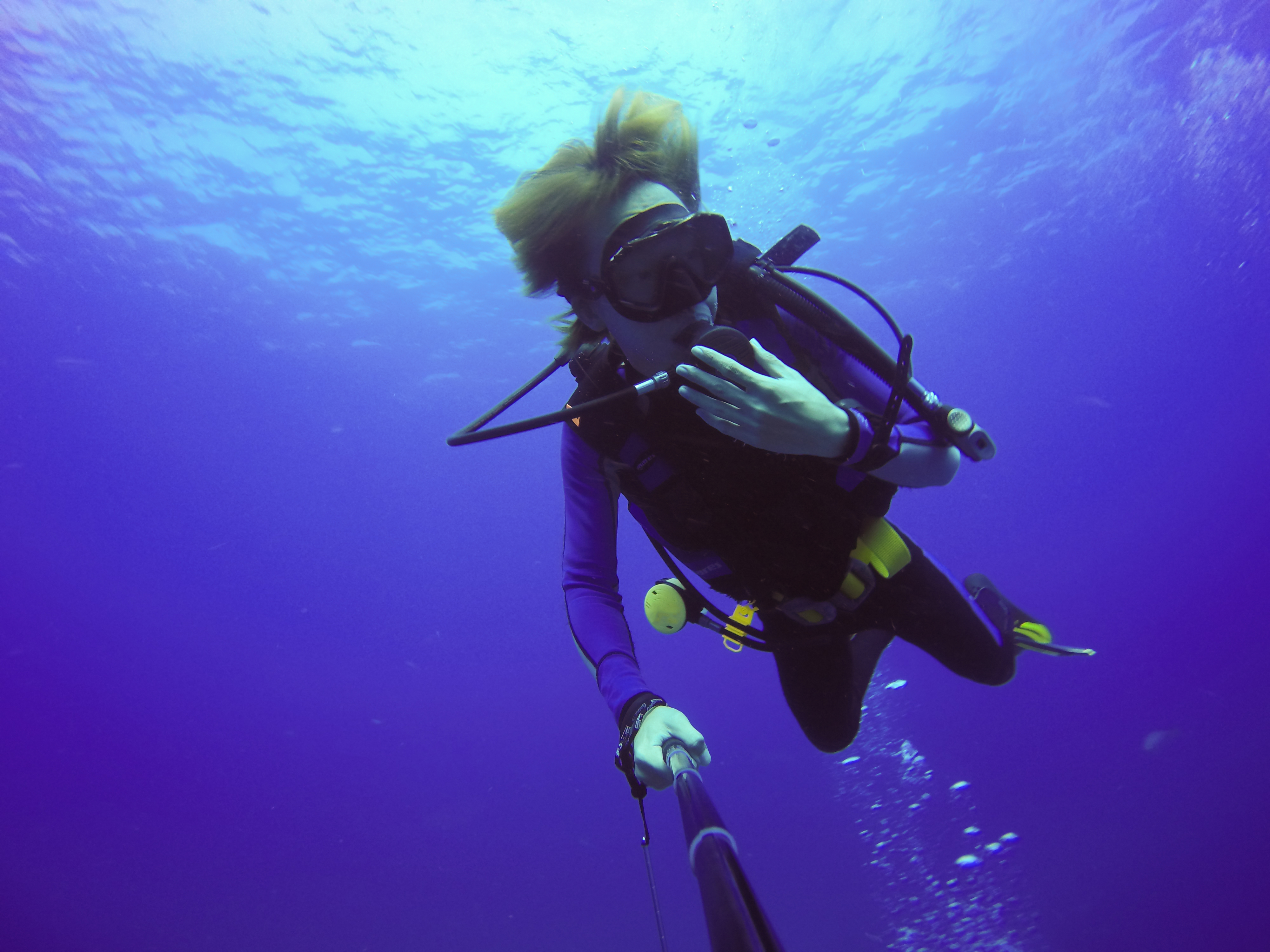|
|
Who Studies the Ocean? An Introduction to Oceanographers
Oceanographers employ a variety of scientific methods to collect data from the ocean, from deploying sensors and satellites that monitor ocean temperatures and salinity, to gathering samples from the deep sea to study marine biodiversity or geological aspects. This information is vital for developing models that predict future climate conditions and understanding the ocean's role in the global ecosystem. For those formulating research proposals or academic papers, utilizing a scholarship essay writing service can streamline the process of defining a clear and impactful focus for their studies on oceanography. Further enhancing their research, many oceanographers turn to technology and online tools, such as EssayHub.com is scholarship essay writing service, to refine their academic writing and research proposals. This tool is particularly beneficial for students and researchers who are crafting impactful thesis statements that clearly articulate the significance and scope of their research. What Scientist Studies the Ocean?The term "oceanographer" refers to a scientist dedicated to the study of the world's oceans, often collaborating with organizations such as IsisConsortium to enhance research depth. This field encompasses a broad range of topics, including marine organisms, ocean currents, wave dynamics, the geological structures beneath the sea floor, and the chemical and physical properties of the ocean. Essentially, when someone asks, "What scientist studies the ocean?" they are referring to oceanographers. The Roles and Specializations of OceanographersOceanography is an interdisciplinary field, often divided into several branches:
What is a Person Who Studies the Ocean Called?A person who studies the ocean is called an oceanographer. Their work is vital for understanding how oceans affect global climate, marine habitats, and even local economies. By studying the ocean, these scientists contribute to critical data on climate change, marine conservation, and sustainable resource management, addressing the query "what is a person who studies the ocean called?" Impact of Oceanographic StudiesThe work of oceanographers (who studies the ocean) is crucial for predicting changes in marine and global environments. These scientists dedicate their careers to understanding complex ocean systems and their interactions with Earth's climate. For instance, their research on El Niño and La Niña phenomena helps predict changes in weather patterns that can lead to better-prepared societies. This knowledge is vital, not only for immediate responses to climate events but also for long-term planning and policy-making. Moreover, understanding ocean acidification and its impact on marine life is another key area of focus. As the ocean absorbs more carbon dioxide, its chemistry changes, posing threats to marine biodiversity. Oceanographers (who studies the ocean) play a pivotal role in developing strategies to protect vulnerable marine species and habitats.By studying the impacts of these changes, oceanographers help devise mitigation techniques that can preserve ocean health and ensure the sustainability of its resources for future generations. Their work extends beyond research; they also engage in public education and policy advising, making them integral to both scientific and community resilience. For those interested in exploring or advocating for ocean conservation, using tools like a thesis statement generator can help clarify and refine the focus of their advocacy and research efforts. ConclusionThe studies of the ocean undertaken by dedicated oceanographers, plays a pivotal role in our understanding of the natural world. These scientists help us grasp the complexities of the marine environment and its broad implications on global ecological and climate patterns. For anyone intrigued by the oceans' mysteries and their critical impact on our planet, the field of oceanography offers a rewarding and endlessly fascinating career path. Oceanographers, through their diligent studies of the ocean, provide insights that are vital for sustaining and protecting our planet's largest and most mysterious ecosystem. Whether you're a student considering a career in science or simply curious about the ocean, the work of oceanographers is undeniably essential to our understanding of the Earth. |
||||||||||||
|
© 2010. ISIS Consortium, All Rights Reserved. |
